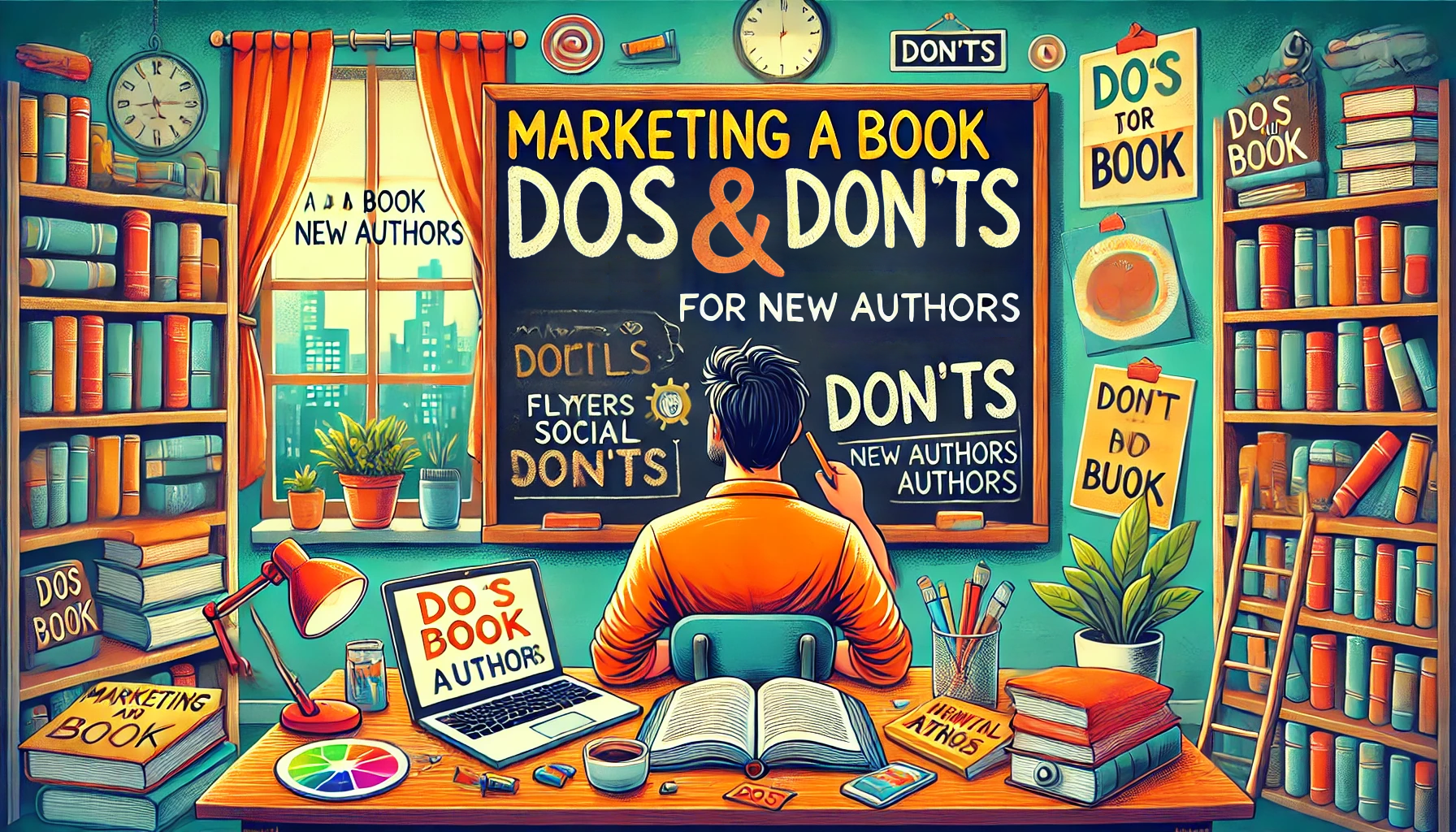
The Evolution of Genre Fiction: Trends and Predictions
In the ever-changing landscape of literature, genre fiction has undergone significant transformations, reflecting shifts in societal norms, technological advancements, and readers' evolving tastes. From the early days of gothic horror and classic mysteries to the contemporary explosion of dystopian narratives and fantasy epics, genre fiction has continuously adapted to capture the imaginations of its audience.
A Historical Perspective
Genre fiction, often viewed as the more accessible counterpart to literary fiction, has its roots deeply embedded in the annals of storytelling. In the 19th century, authors like Mary Shelley and Edgar Allan Poe pioneered gothic horror, while Arthur Conan Doyle's Sherlock Holmes series laid the groundwork for the modern detective story. These early works established the conventions and tropes that would come to define their respective genres.
As we moved into the 20th century, science fiction emerged as a dominant force, driven by authors such as H.G. Wells and Isaac Asimov. These writers explored the possibilities of technology and space exploration, often reflecting contemporary anxieties about rapid technological change. Similarly, the fantasy genre saw a resurgence with J.R.R. Tolkien's The Lord of the Rings, which set the standard for epic fantasy and inspired countless imitators.
Modern Trends in Genre Fiction
In recent years, genre fiction has continued to evolve, often blending elements from multiple genres to create innovative and engaging narratives. Here are some key trends shaping the landscape today:
- Cross-Genre Hybrids: Authors are increasingly combining elements from different genres to create unique stories. Examples include the fusion of romance with science fiction, such as in The Time Traveler's Wife by Audrey Niffenegger, or the blending of horror and historical fiction, as seen in Abraham Lincoln: Vampire Hunter by Seth Grahame-Smith.
- Inclusion and Diversity: There has been a growing demand for diverse voices and perspectives in genre fiction. Authors like N.K. Jemisin and Nnedi Okorafor are redefining science fiction and fantasy by incorporating African mythology and culture, while writers like Silvia Moreno-Garcia are bringing Latinx influences to horror and speculative fiction.
- Dystopian and Post-Apocalyptic Narratives: In a world facing environmental crises and political instability, dystopian and post-apocalyptic fiction has gained prominence. Works like The Hunger Games by Suzanne Collins and The Road by Cormac McCarthy resonate with readers' fears and hopes for the future.
- Serialized Storytelling: The rise of digital platforms has made serialized storytelling more popular. Authors are releasing stories in episodic formats, mirroring the structure of TV shows. This trend is particularly evident in the success of web serials and online platforms like Wattpad.
Predictions for the Future
Looking ahead, several exciting developments are likely to shape the future of genre fiction:
- Virtual and Augmented Reality: As technology continues to advance, virtual and augmented reality may become integral to storytelling. Imagine exploring the landscapes of your favorite fantasy worlds or solving mysteries alongside a digital detective.
- Interactive Fiction: The growth of interactive fiction, where readers can influence the outcome of the story, will offer new levels of engagement. Platforms like Choice of Games and visual novels are already experimenting with this format.
- Sustainability and Climate Fiction: As environmental concerns become more pressing, genre fiction will likely see a rise in stories focusing on sustainability and climate change. This emerging genre, often referred to as "cli-fi," explores the impact of climate change on society and the natural world.
- AI-Generated Stories: With advancements in artificial intelligence, we may see AI-generated stories that cater to individual reader preferences. While this raises questions about authorship and creativity, it also opens up new possibilities for personalized storytelling.
Conclusion
Genre fiction remains a dynamic and evolving field, constantly adapting to reflect the world around us. As we look to the future, we can expect even more innovation and diversity in the stories that captivate our imaginations. Whether you're a fan of classic genres or eager to explore new frontiers, the evolution of genre fiction promises to keep us all turning the pages.
"We read to know we are not alone." - C.S. Lewis